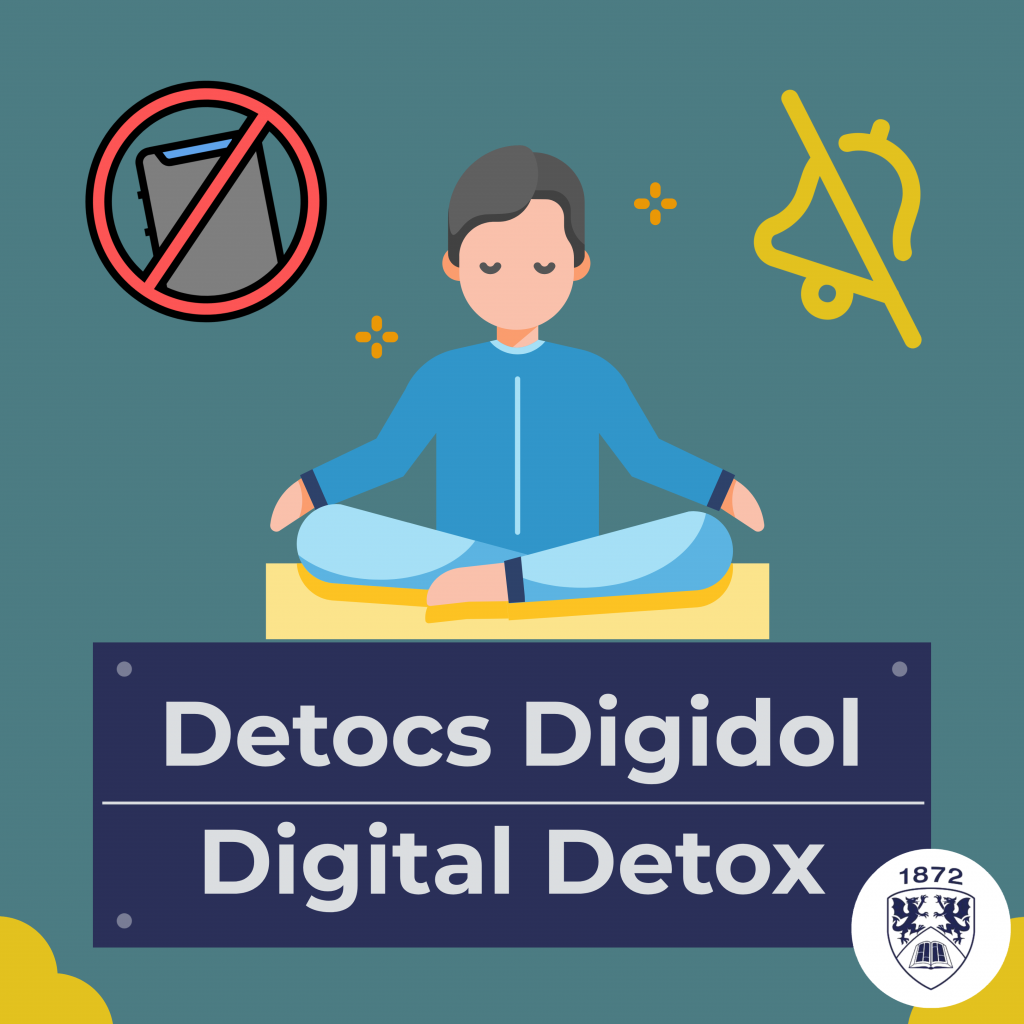Blogpost by Noel Czempik (Student Digital Champion)

In my journey to digital wellbeing, I found myself at a crossroads, dissatisfied with the evolving relationship between technology and me. Once a source of joy for facilitating connections and enriching experiences, it gradually became a frustrating and anxiety-inducing presence. Attempting various strategies, from greyscale displays to setting reminders, proved futile; my devices continued to dominate my time, now laced with guilt and a sense of personal failure, far from the fascination of my early experiences with technology. What had changed?
Swipe Wars: The Smartphone Menace
In the early days of social media, logging in required a ritual—turning on the family PC, navigating through desktop layers, and patiently awaiting the slow progression of the digital world. That world could disappear at the press of a button at dinnertime or the first signs of an oncoming thunderstorm. Fast forward to today, and our devices are ever-present, always in our pockets, ready for instant engagement. The ease with which we unlock our phones without a clear purpose has turned habitual, a craving for the dopamine reward that digital interaction brings.
Initially confined to finite feeds, social media has evolved into expansive content platforms crafted to hold our attention endlessly. In today’s consumer-centric landscape, our devices are not neutral tools but deliberately designed to encourage frequent and prolonged use. While we seek engaging technology, the allure that captures our interest can sometimes work against our best intentions.
From Whoville to Screensville: How the Smartphone Stole Christmas
While invaluable in connecting us during lockdowns and holidays spent at a distance, our devices have also altered the nature of our in-person interactions. I vividly recall the post-pandemic Christmas spent with family, surrounded by screens, each of us engrossed in our digital worlds. It was a far cry from the planned festivities but a reality shaped by the omnipresence of technology.
My once-positive relationship with technology has now turned toxic, and breaking free from my phone’s grasp requires more than just free will.
My Phone Doesn’t Spark Joy: Why Digital Detox Might Work For Me

Tips and storage hacks were no longer helpful when I was drowning in clothes. Desperate to regain control over my wardrobe, I took Marie Kondo’s advice and removed every piece I owned to get in touch with how I really felt about each item, keeping only those that enriched my life. A digital detox promises a similar, albeit radical, systemic change. By temporarily removing all digital activities, I aim to gain perspective on what truly matters and reintroduce mindfulness into my digital interactions.
Yet, the challenge lies in the practicality of a complete digital withdrawal. Nowadays, keeping up with work commitments, university assignments and social life only seems possible with a steady internet connection. The convenience of technology has replaced many tools and organisational systems, too – my smartphone is my only alarm clock, watch, camera, calendar and many more, opening the doors to the digital world from the first waking minute.
Ctrl+Alt+Detox: A Personal Challenge
To regain control, I’ve taken decisive steps. For my digital detox, for the whole month of December, I will:
- Delete social media apps from my phone and log off their desktop counterparts (except for the Messenger app, where I stay in touch with friends and family).
- Disable notifications from all but a few selected apps.
- Remove most widgets from the home screen.
- Replace Face ID with a more deliberate password.
- Keep my phone out of reach for most of the day.
- Create dedicated spaces for digital work and study, where I will check my emails once a day.
- Pay attention to my emotional needs when I want to pick up my phone and redirect my focus to activities I find meaningful and fulfilling.
- Journal about my experience.
To make the challenge sustainable, I’m permitting myself to use technology to watch films and listen to music and audiobooks – long forms of content are naturally intentional choices, providing enriching experiences entirely dissimilar to mindless scrolling or compulsive checking.
Navigating Christmas Unplugged: A Digital-Free December
As I imagine the holiday season without the reassuring digital presence, excitement mingles with dread. Will facing my anxiety lead me to the source of my unhealthy digital habits? Through this series on digital wellbeing, I will share the highs and lows of my quest to regain control over my digital life. Join me as I navigate the digital detox challenges, aiming to focus on what truly matters to me this Christmas.

